The Ministry of Culture, Sports and Tourism is collecting comments on the draft decree on the distribution and dissemination of films serving political tasks, expected to be submitted to the Government for promulgation in December 2025. This is considered a legal foundation that opens up the hope of removing long-standing bottlenecks so that films serving political tasks can reach the public more easily, enhancing the effectiveness of spreading the ideological values of the work.
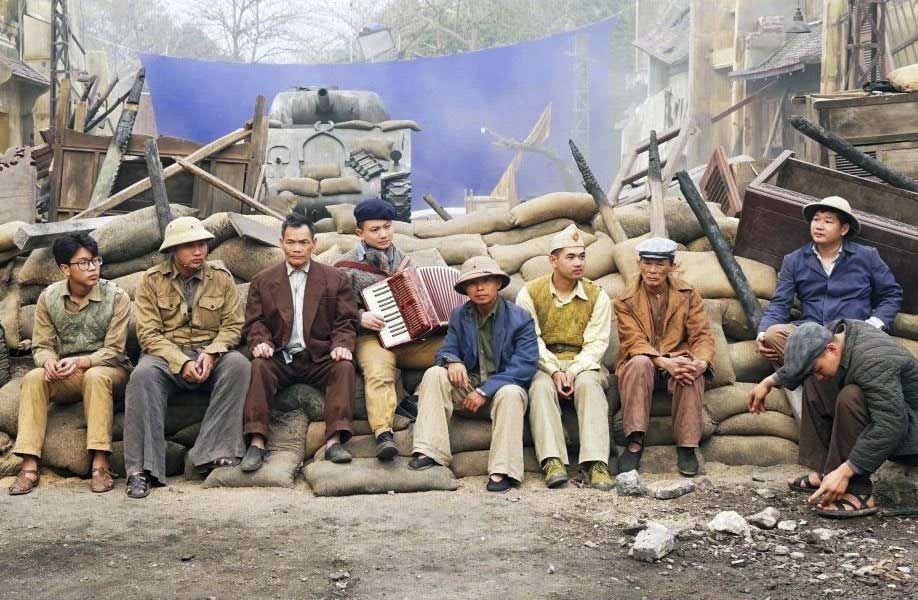 |
| “Peach, Pho and Piano” is proof that historical films are very attractive when they are released into the cinema system. Photo: Ministry of Culture, Sports and Tourism |
Today's society is strongly influenced by the global cultural flow, the requirement is not only to preserve and promote national cultural identity, but also to strongly innovate the method of conveying historical and cultural values to suit the new reception trend, especially of the younger generation. Cinema with the ability to vividly recreate history, arouse national pride, and at the same time inspire humanistic values and aspirations for national development through images, sounds, emotions and artistic language.
From a practical implementation perspective, there is currently a lack of intermediary institutions and organizations and units with sufficient capacity to bring political films into the theater system, on cyberspace, and on television systems.
According to the Ministry of Culture, Sports and Tourism, in 2022, there were 228 mobile film teams nationwide. The mobile film teams have promoted the Party's guidelines and policies and the State's laws, educated and improved the aesthetic and cultural enjoyment of people in rural, mountainous, remote, border and island areas. However, at present, mobile film screening activities still face many difficulties, mainly due to limited facilities and resources.
On every major national holiday, film weeks, commemorative film sessions, classic works about war, history, and revolutionary struggles are screened to serve the audience. Recently, at the 2025 Da Nang Asian Film Festival, a special program called “Half a Century of Vietnamese War Films” was dedicated to screening 22 famous works on this topic.
On the occasion of the 50th anniversary of the Liberation of the South and the reunification of the country, several TV stations, including Vinh Long, also showed classic films such as: “The Flipped Card Game”, “The Land Islet”, “The Season of the Monsoon Wind”, “The Wild Field”, “The Road Through the Forest”… Four years ago, the Vietnam Film Institute also opened a YouTube channel introducing 9 typical films, attracting millions of views.
However, due to copyright issues, the channel was forced to stop updating. Recently, VTV opened the section “Cine7- Memories of Vietnamese films” which not only shows but also organizes interactions with the actors in the films, but the number of films is also very small, only a few.
Last year, the film “Dao, Pho and Piano” was piloted for release in theaters. As a result, 16 distributors, theaters and cultural-cinema centers from several localities participated, with total revenue reaching more than 23 billion VND. At the time of its release, the film sold out continuously, and a large number of viewers booked tickets, causing the National Cinema Center website to crash for many days. Not only the website, but also online ticket booking applications through banks, e-wallets, etc. were also congested.
Ms. Nguyen Mai Phuong (Long Chau ward) shared: “Last year, during Tet, I went to Ho Chi Minh City to visit relatives and the whole family went to the cinema to watch “Peach, Pho and Piano”. We were very moved to see the reenactment of a tragic, poetic Hanoi with deep love between couples, solidarity between compatriots and proud love for the Fatherland.
I think Vietnam is really lacking in films like this. I hope investors will boldly make them, and when you turn on the TV, you will see Vietnamese historical films spread more widely."
According to the Ministry of Culture, Sports and Tourism, the case of "Dao, Pho and Piano" shows that commissioned films not only serve political purposes, but also have the potential to generate significant revenue if released and distributed at the right time.
However, without a clear mechanism for revenue-expenditure-payment of the budget, it will be impossible to reinvest or reallocate revenue to subsequent film projects. Distribution and distribution establishments cannot bear all operating costs themselves, and 100% of revenue from ticket sales will be paid into the state budget because this is not in line with the laws of the market economy, and at the same time, it cannot mobilize many economic sectors to participate in film distribution and distribution.
Remove bottlenecks to maximize value
In the current context, when the Party and State clearly identify the policy of developing the private economy as an important driving force of the economy, the field of film distribution and dissemination, especially films serving political, ideological and cultural tasks, needs to be seen as a priority space for the extensive participation of the private sector.
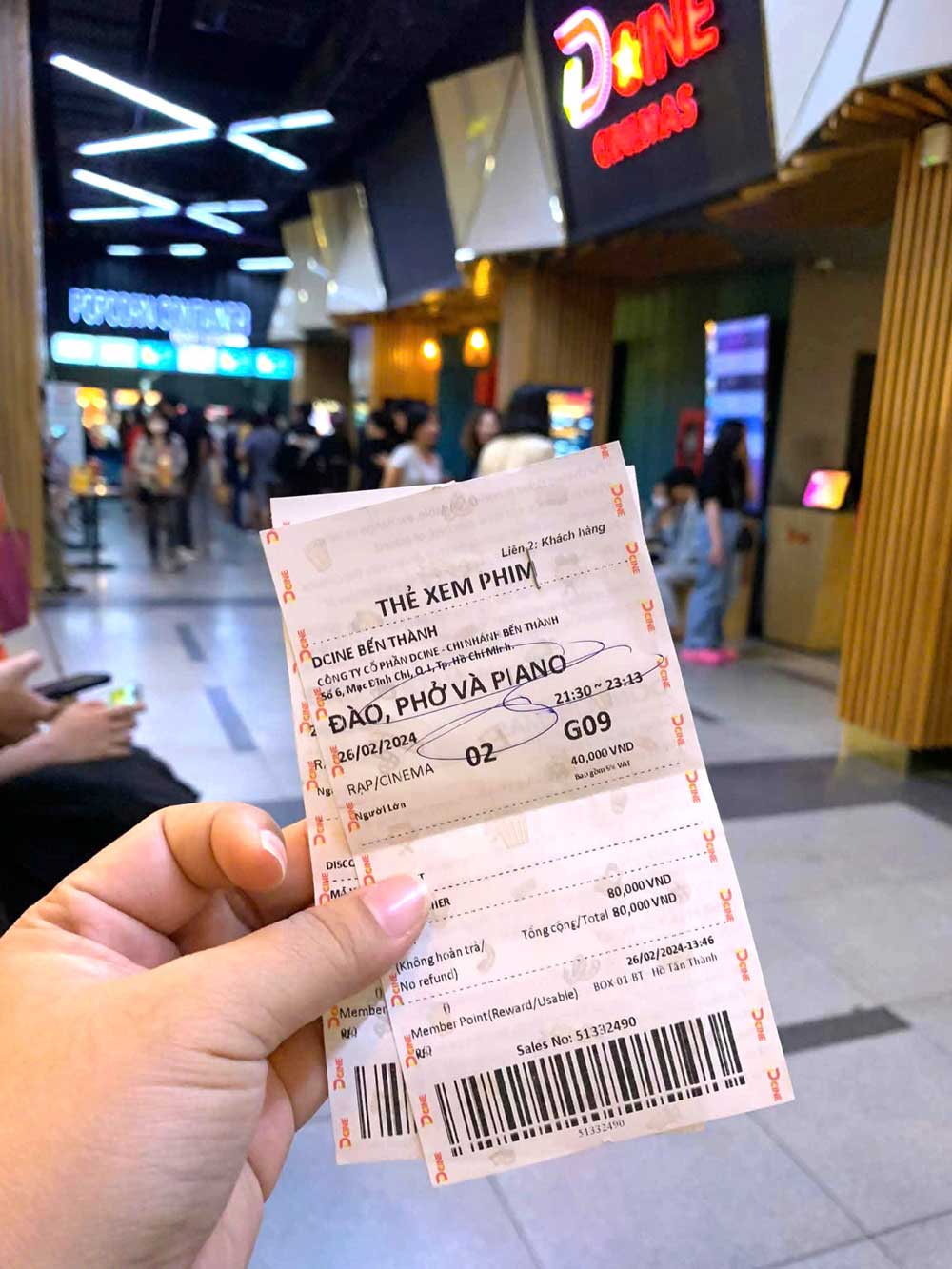 |
| Encourage organizations and individuals to cooperate in distribution to bring films closer to the public. |
Resolution No. 68-NQ/TW of the Politburo has set out the requirement to “timely develop and perfect laws, mechanisms and breakthrough policies” to create conditions for the private economy to participate in important and strategic tasks of the country, including the fields of digital transformation, innovation, cultural promotion and enhancing national competitiveness.
According to Deputy Minister of Culture, Sports and Tourism Ta Quang Dong, the issuance of a decree to comprehensively regulate the release and dissemination of films serving political tasks is necessary and urgent, aiming to create a unified and transparent legal corridor and overcome current gaps.
In addition, encourage socialization and public-private cooperation; ensure the people's right to access culture according to the 2013 Constitution, and optimize the effective use of the state budget and exploit the economic potential of films to serve political tasks.
Normally, film distribution has many related costs such as communication, logistics, personnel, technology... According to the draft, the revenue sharing ratio in the current market is 30-50% for the film owner, 8-15% for the distributor and 40-60% for the distributor (depending on the screening week and the level of media investment).
For online platforms, revenue sharing models after deducting copyright purchase costs are usually at 40-60% for content owners, the remaining for the exploitation unit or applying the form of purchasing copyright packages. Based on the above reality, the draft proposes a minimum revenue sharing ratio of 30% (after deducting taxes) for film owners' representatives to suit market practices and ensure harmony of interests between the State (owner of public assets) and distribution enterprises.
The new point of this decree is that the State will invest in and support the construction of an online film dissemination platform; at the same time, encourage organizations and individuals to participate in cooperation in releasing and disseminating films... With the success of some recent historical revolutionary works, if properly invested and well promoted, this film genre can completely attract investors to exploit commercially. This is a positive signal for historical and cultural films to reach the public more closely.
Article and photos: PHUONG THU
Source: https://baovinhlong.com.vn/van-hoa-giai-tri/202508/mo-loi-de-phim-dat-hang-den-gan-cong-chung-hon-5cd19ce/





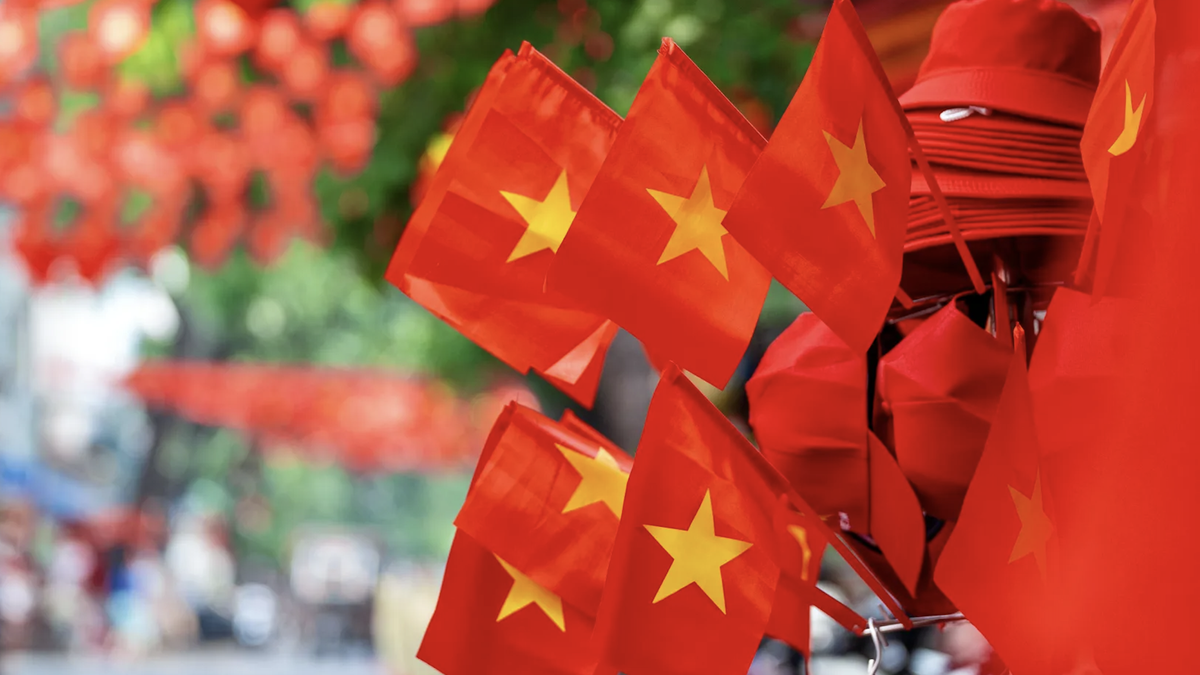


![[Photo] President Luong Cuong receives delegation of the Youth Committee of the Liberal Democratic Party of Japan](https://vphoto.vietnam.vn/thumb/1200x675/vietnam/resource/IMAGE/2025/8/22/2632d7f5cf4f4a8e90ce5f5e1989194a)
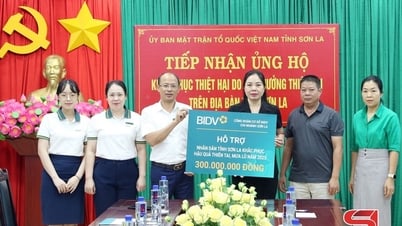

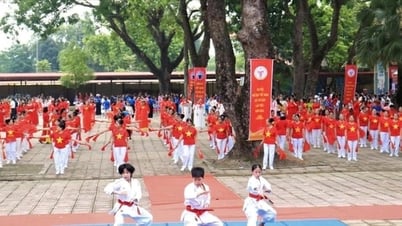




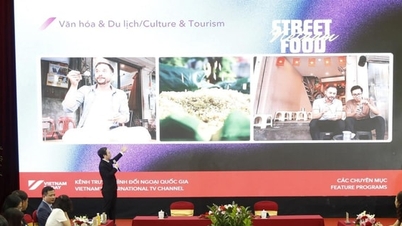




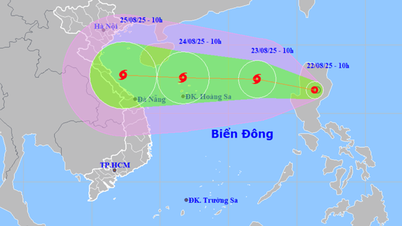


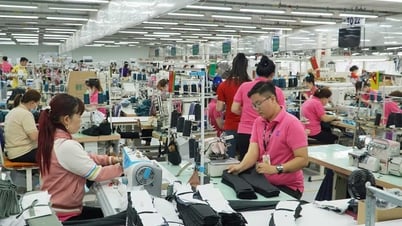

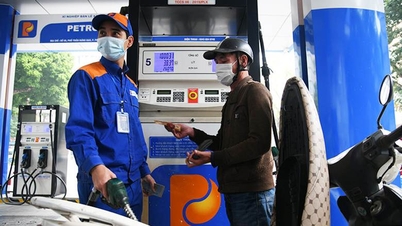
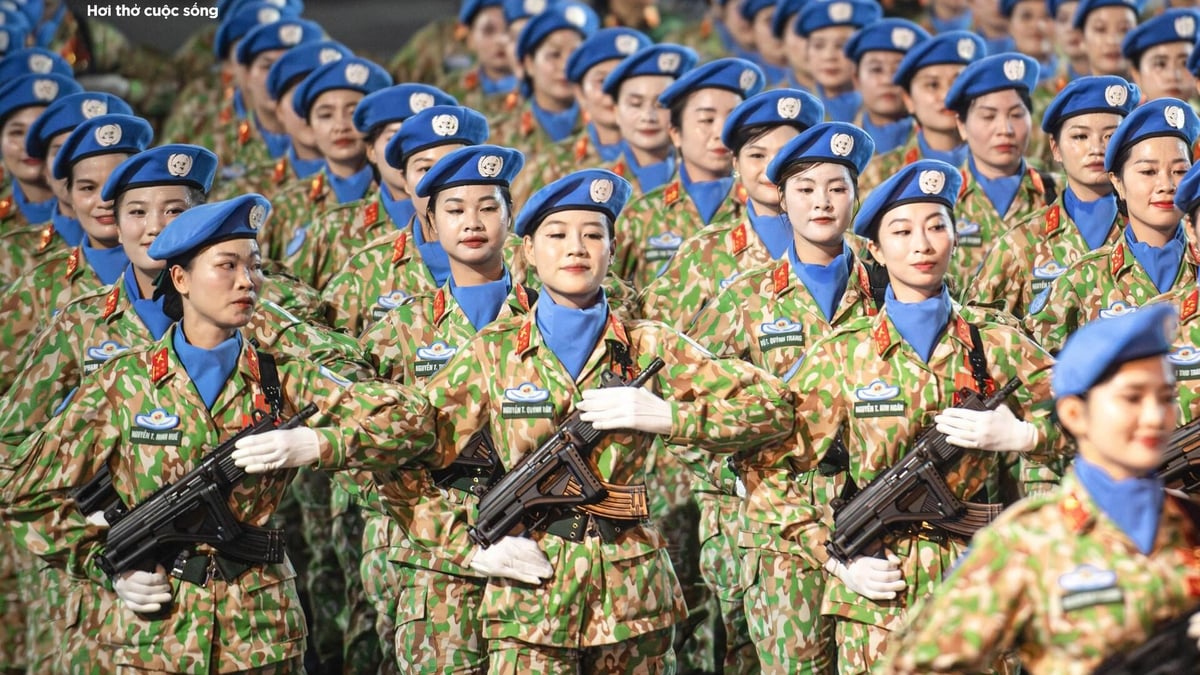




















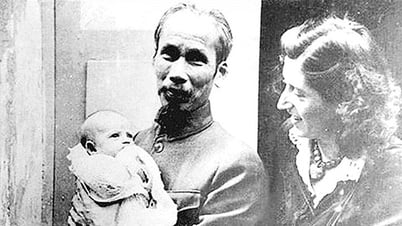



















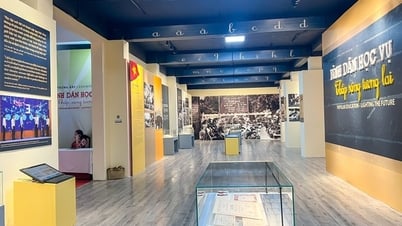
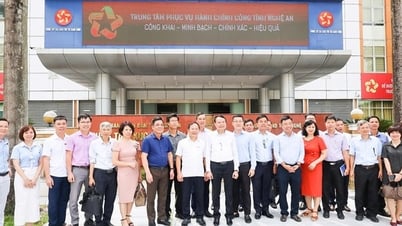


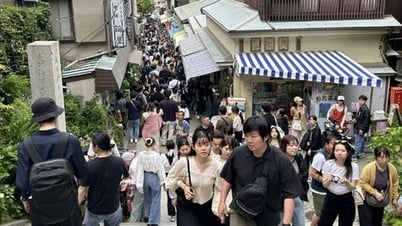
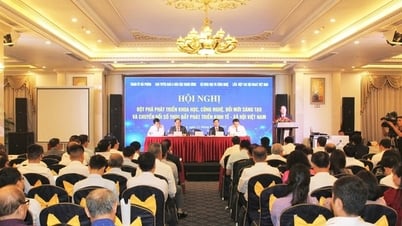



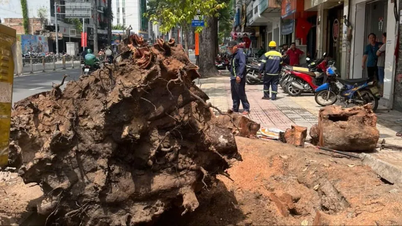
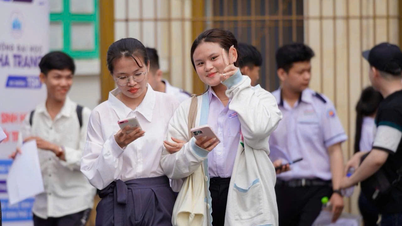
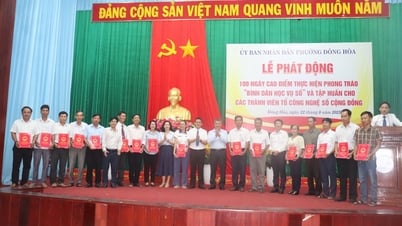








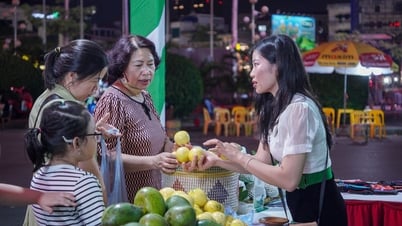




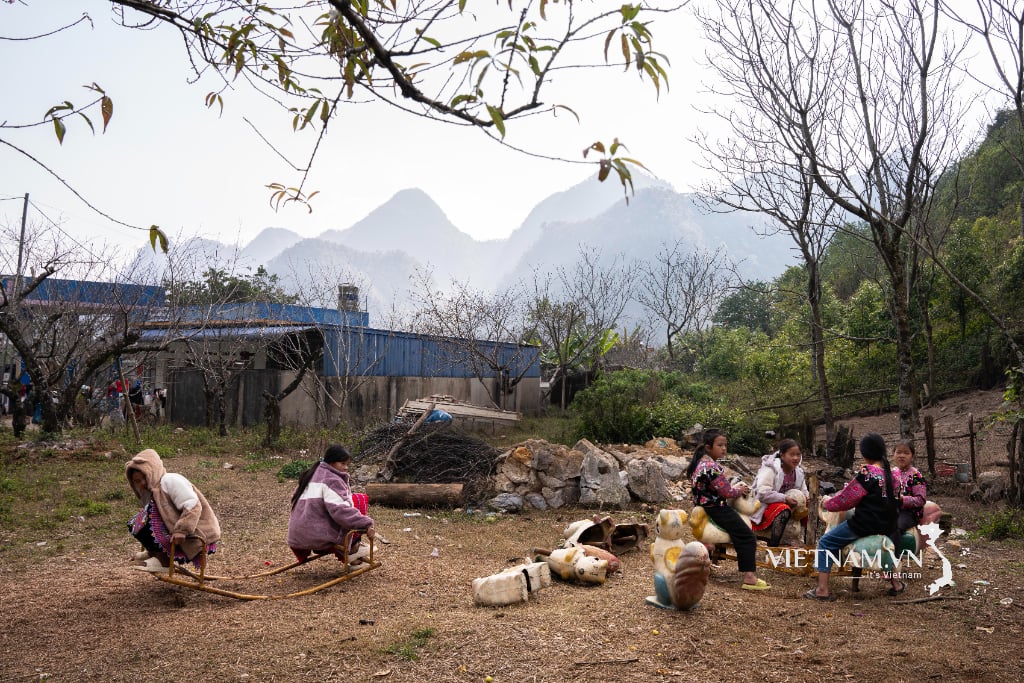

Comment (0)